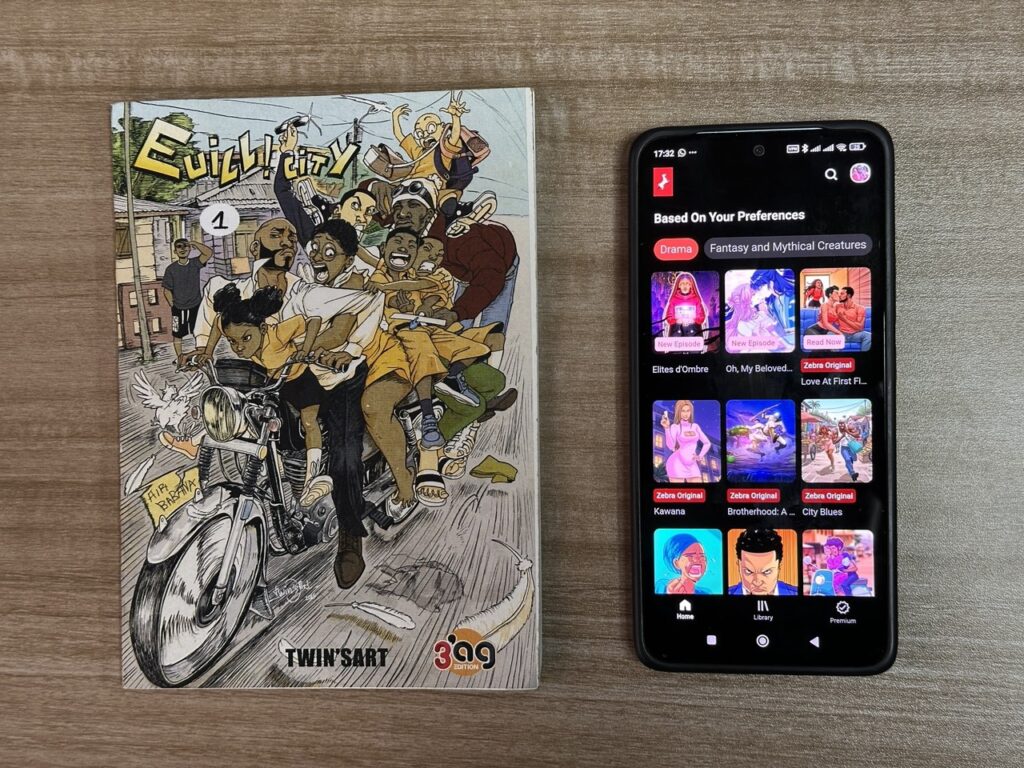COMIC WARS: PRINT OR DIGITAL COMICS?
There was a time when stories lived on paper and nowhere else. Ink on fingers, the smell of fresh print, the stubborn weight of a novel in your backpack—these were the sacred rituals of reading. I grew up inside that world. Whether it was comics, novels, or the thick academic books from Lycée days, everything […]
COMIC WARS: PRINT OR DIGITAL COMICS? Read More »

